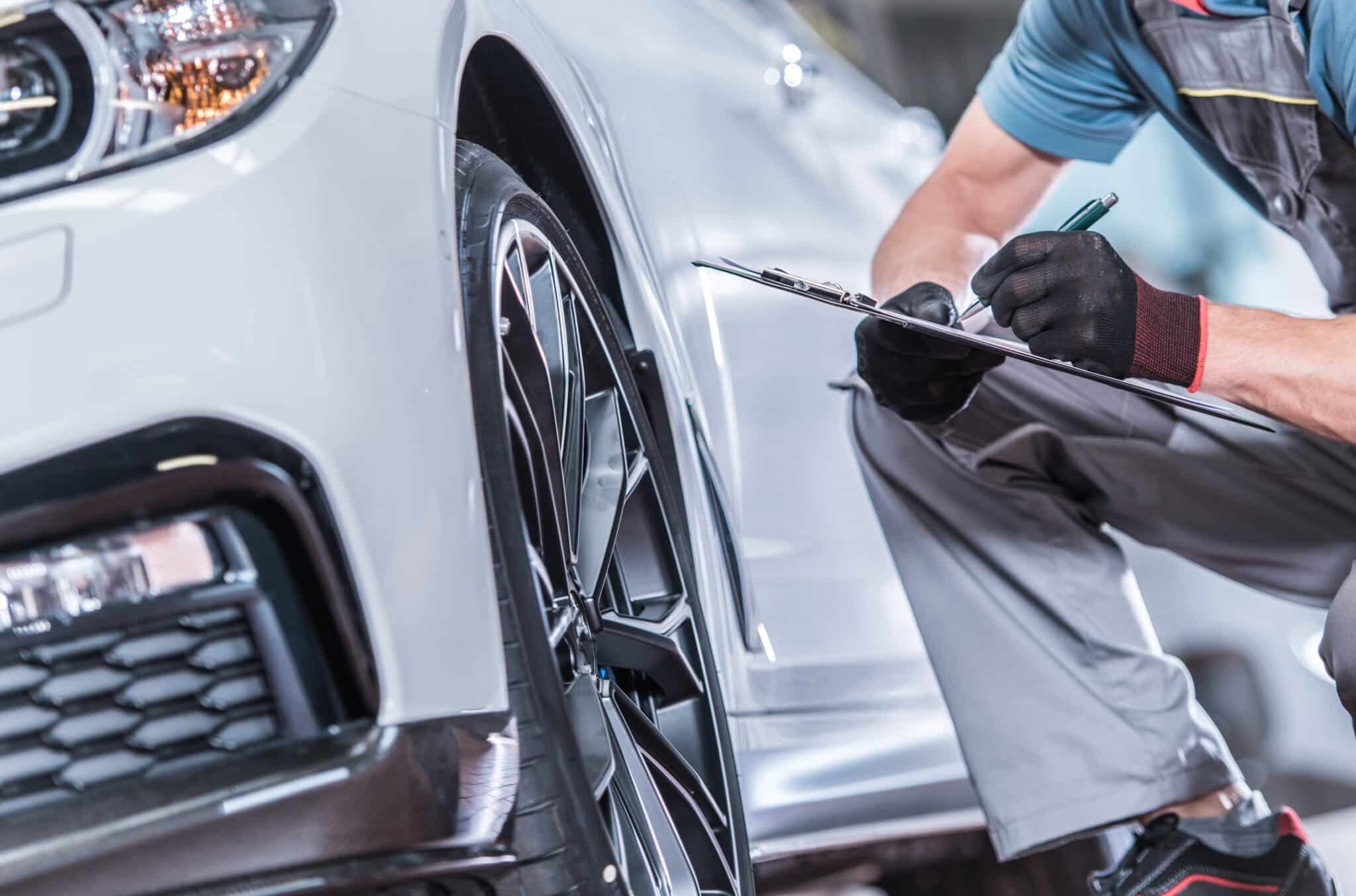Vehicle Inspection Updates: Why They Matter and When to Get Them?
Vehicle Inspection Updates: Why They Matter and When to Get Them?


In the fast-paced world of modern driving, it’s easy to overlook vehicle inspections, especially when your car seems to be running just fine. However, keeping up with Vehicle Inspection in Cambridge updates is one of the most crucial parts of maintaining road safety, avoiding costly repairs, and ensuring compliance with legal standards. From checking brake pads to assessing emissions, inspections go far beyond a simple visual check.
Why Vehicle Inspection Updates Are Essential
Safety First
Your vehicle’s systems degrade over time. Tyres wear down, brake pads thin out, lights dim, and suspension components become loose. Routine inspections can identify problems early, preventing potential breakdowns or accidents. A periodic inspection ensures that your car is still safe for both you and other road users.
Legal Compliance and MOT Requirements
In the UK and many other regions, vehicle inspections are legally required once your car is over three years old. The most common form of this is the MOT test (Ministry of Transport), which checks roadworthiness and environmental standards.
Failing to update your vehicle inspection or ignoring a failed MOT test can result in fines, penalty points, or insurance invalidation—not to mention the safety risks. Keeping inspections up to date ensures your car remains legal to drive.
Boosting Resale Value
When you sell your car, potential buyers are more likely to trust a vehicle that comes with a recent inspection report and full service history. It shows you’ve taken proper care of the car and confirms its condition.
If you’re trading your car in or selling privately, an up-to-date inspection can even help justify a higher asking price.
Prevention of Costly Repairs
Most major repairs begin as minor problems that are often overlooked. A worn-out belt, low fluid levels, or faulty sensors can lead to engine damage if not caught early. Vehicle inspections identify these minor problems and allow you to fix them before they escalate, saving hundreds—or even thousands—of pounds.
Routine updates serve as a wellness check for your vehicle’s overall condition. You don’t wait for a medical emergency to see a doctor; the same logic applies to your car.
What Does a Vehicle Inspection Include?
A standard inspection, whether performed during a routine service or MOT test, typically includes the following areas:
Brakes
Inspection of pads, discs, fluid levels, and responsiveness.
Tyres and Wheels
Check tread depth, inflation, wear pattern, and rim condition.
Lights and Indicators
Make sure all interior and exterior lights are functioning properly and are correctly aligned.
Suspension and Steering
Look for play or damage in components that affect handling and stability.
Fluid Levels
Inspect essential fluids such as engine oil, brake fluid, coolant, transmission fluid, and windshield washer fluid.
Battery and Charging System
Test battery health and charging function.
Exhaust and Emissions
Ensure emissions are within legal limits and that there are no leaks or corrosion in the exhaust system.
Windscreen and Wipers
Look for cracks, chips, and ensure wipers clear the screen effectively.
When Should You Get Vehicle Inspection Updates?
Annually (at a Minimum)
For most drivers, a yearly MOT and service will cover the essentials. This is typically required by law and helps identify any issues with your vehicle.
Before Long Road Trips
Planning a long journey? Whether you’re heading abroad or taking a UK staycation, a pre-trip inspection ensures your car can handle the distance. It’s better to discover a worn tyre or leaky hose in your driveway than on the motorway.
After an Accident or Sudden Impact
Even if the damage appears minor, an inspection after a bump or pothole hit is essential. It can reveal hidden structural or alignment issues that affect performance and safety.
When Buying or Selling a Vehicle
If you’re buying a used vehicle, a pre-purchase inspection gives you an honest assessment of its condition. Similarly, sellers who provide a recent inspection report can build trust and make the car more appealing.
Seasonal Changes
Extreme weather can impact your vehicle. A spring or autumn inspection can help identify seasonal wear, such as battery strain in winter or air conditioning faults in summer.
DIY vs. Professional Vehicle Inspections:
While you can check fluid levels or inspect your tyres at home, only a professional mechanic can offer a comprehensive vehicle inspection. With specialist tools, lifting equipment, and diagnostic scanners, they can uncover problems you might not notice until it’s too late.
Final Thoughts:
Whether it’s your annual MOT or a seasonal check-up before a holiday, keeping your vehicle inspected and roadworthy is one of the simplest ways to protect your investment and keep every journey worry-free. So, don’t wait for a problem to arise. Book your Car Inspection in Leeds today—and drive with confidence.
Read More Blogs At: The Global Newz




